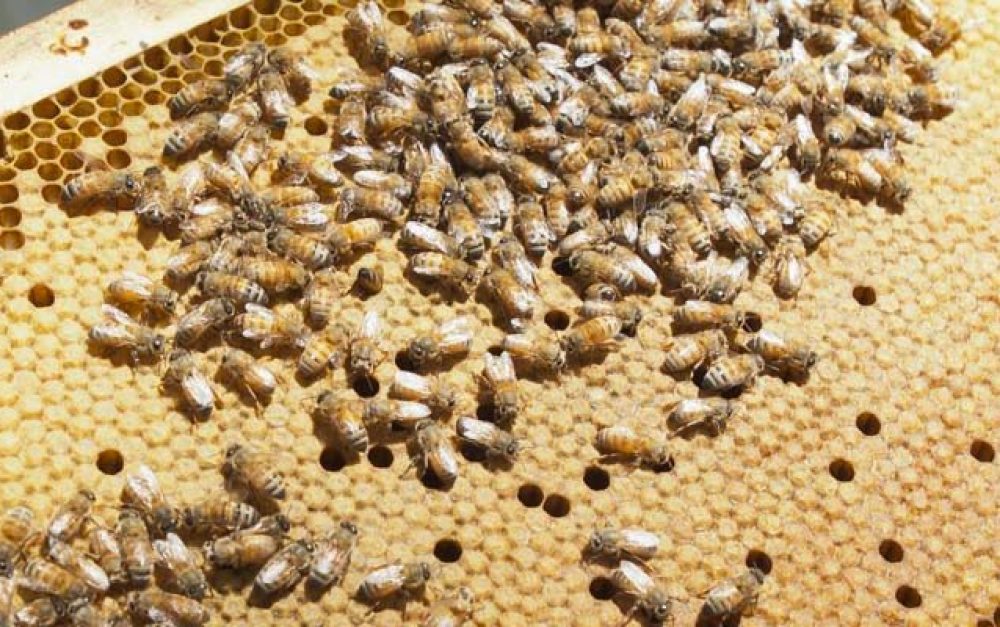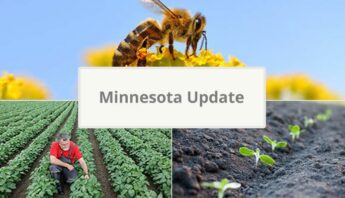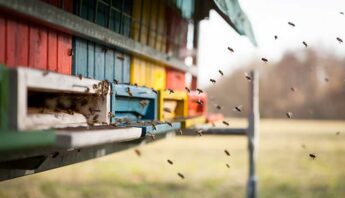FOR IMMEDIATE RELEASE
March 9, 2017
Minnesota House, Senate committees eliminate key pollinator protections from agriculture policy bills
St. Paul, MN— Today, the agricultural policy committees of the Minnesota House and Senate voted against legislation that would give the Minnesota Department of Agriculture the authority to track and regulate pesticide seed coatings, which are linked to decline of bees and other pollinators. In addition, the Senate committee added language stripping major components of the Department of Agriculture’s existing authority to enforce pesticide label compliance.
“Committee members missed an opportunity to increase transparency and access to data about the use of pesticide seed treatments in Minnesota,” said Lex Horan of Pesticide Action Network. “Seed treatments are the most common use of neonicotinoids in our state, and the state agency that oversees pesticide use in our state has its hands tied in addressing their use. It’s disappointing to see ongoing inaction by our decisionmakers avoid taking action as pollinator declines continue to worsen.”
The treated seed language, originally included in omnibus bills HF 1717 and SF 1674, would close a loophole in Minnesota’s pesticide law that exempts pesticide-treated seeds from the tracking and regulation that applies to all other pesticides applied in the state. It would also authorize the Department of Agriculture to work with the University of Minnesota on research, demonstration projects, and best management practices related to pesticide seed treatments, and create a program requiring anyone who treats seed to be sold in Minnesota to report it to MDA.
In both committees, the seed treatment program was eliminated from the final version of the agricultural policy bill. The omnibus bills will now move to the floor of both houses.
In the leadup to the committee votes, House and Senate committees heard testimony from beekeepers, farmers who grow pollinator-dependent crops, conventional corn and soybean farmers, native pollinator experts and public interest organizations in favor of the treated seed program. In spite of abundant testimony in support of the program, and no testimony in opposition, committee members in both bodies voted to strip the treated seed program from the omnibus agriculture policy bill.
“If our current data on pesticide usage in Minnesota excludes seed treatments, are we really being honest and robust in our assessment of neonicotinoids’ ubiquitousness and impact on the environment?” said Carmen Fernholz, a farmer from Madison, MN who grows corn, soybeans, wheat, and other crops without neonicotinoid insecticides. “I think we need to ask ourselves why we would want to continue to harbor the current loop hole in the pesticide oversight legislation. If there is an issue, let’s at least be willing to confront the concern with as much knowledge and information as we can generate.”
“We experienced a large kill of our honeybees in front of the entrances of every hive, in every yard, in a two-and-a-half county area in the spring of 2012, during planting season,” said Manley Bigalk, a conventional corn and soybean farmer and beekeeper. “That winter I experienced a 50% winter kill, the largest I have ever encountered. The following year, I was disappointed to find that I could not order my seed corn without the neonic coating. However, next year it is definitely one of my goals to purchase non neonic seed.”
Contact:
Lex Horan, PAN
651.245.1733
lex@panna.org







